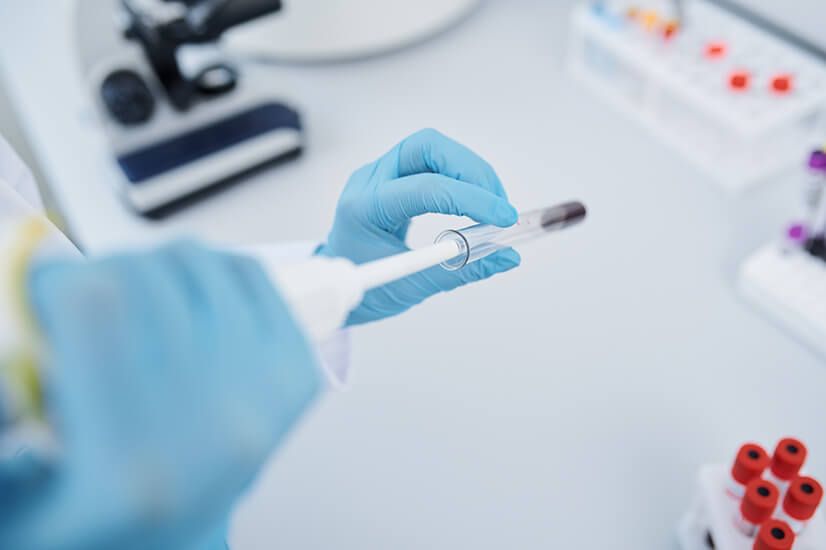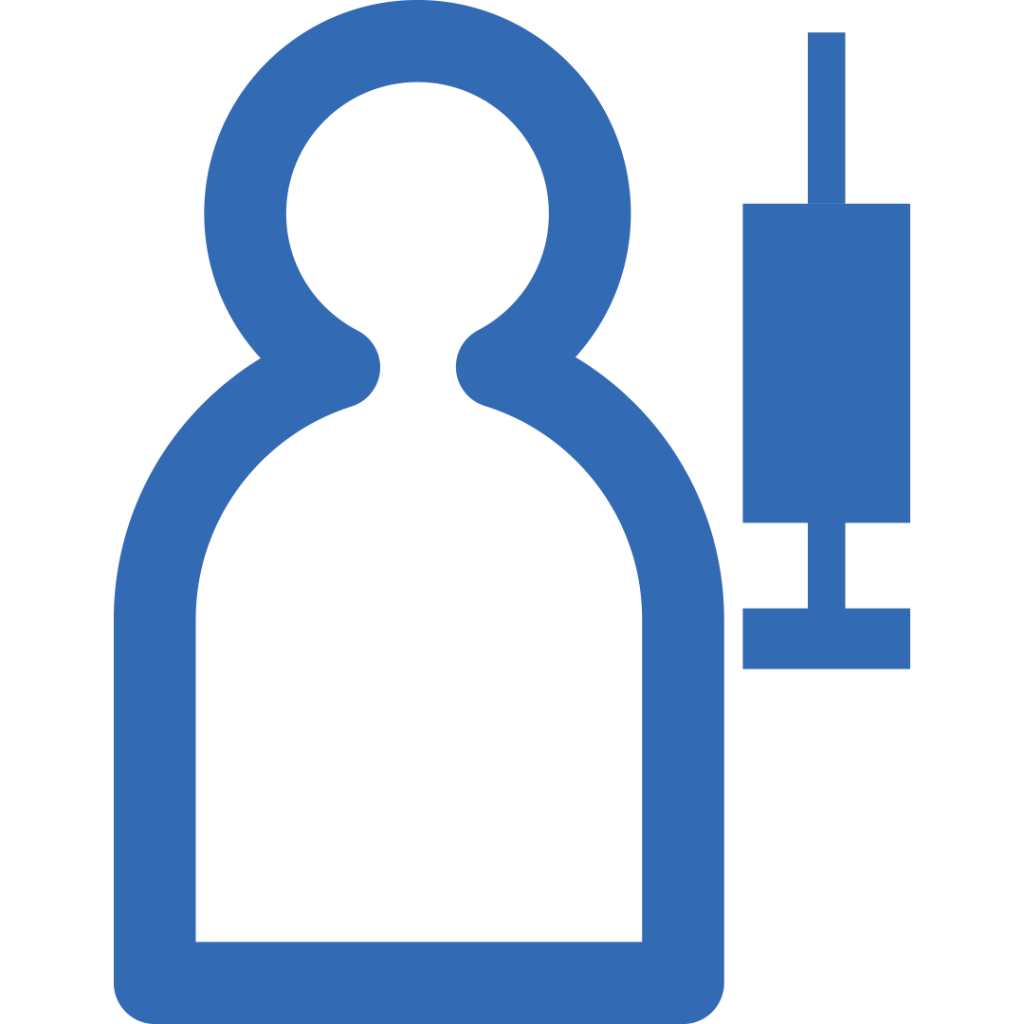
What is meant by neoplastic markers?
Neoplastic markers are substances secreted by cancer cells or healthy cells in response to the presence of a tumor. They can be hormones, enzymes, or tumor antigens.
They are usually detected with monoclonal antibodies and identified as tumor markers or cancer markers.
However, the elevated levels of a neoplastic marker do not mean automatically that someone has cancer.
What do neoplastic markers indicate?
Neoplastic markers are blood tests for cancer. They measure quantitatively or qualitatively the presence of substances associated with tumors.
Combined with other diagnostic tests, they can diagnose, predict or monitor a neoplastic disease.
Usually, a clinician orders a tumor marker test after diagnosing cancer or when there are strong indications of cancer.
That is because no cancer marker is so sensitive and specific to give a valid result for mass screening of the general population.
What are the most commonly examined tumor markers?
The tumor markers that are most frequently used to detect cancer are the following:
- Carcinoembryonic antigen (CEA)
- Prostate-specific antigen (PSA)
- Carbohydrate antigens (CA)
- Lactate dehydrogenase (LDH)
- Neuron specific enolase (NSE)
- Alpha-fetoprotein (AFP)
- Prostatic acid phosphatase (PAP)
Tests for cancer markers at PLUS diagnostic center
PLUS microbiology laboratory conducts a wide range of tests that measure neoplastic markers.
With the use of modern and high-precision analyzers, we offer valid measurements for the most significant cancer markers.
An experienced Medical Biopathologist reviews the test results before delivering them to the patient.

Roche Elecsys 2010 / Cobas 411
High-precision immunological-hormonal analyzers for valid measurements.

Vein Viewer Flex
Use of a venous imaging device for painless blood sampling.

Personalized Approach
Personalized approach for the best possible service and care.

Experienced Staff
Experienced staff with continuous training in new scientific data.
Frequently Asked Questions
The PSA test is a blood test performed on men for the early diagnosis of prostate cancer.
The prostate-specific antigen (PSA) is a protein produced by specific prostate cells and secreted into sperm. However, a small amount escapes into the bloodstream and is detected on the PSA testing.
Elevated PSA concentrations may indicate prostate cancer. However, other conditions can also increase the PSA levels in the blood, such as benign prostatic hyperplasia or inflammation.
The PSA test is a blood test that can be done during the day, without the need for prior fasting.
However, some factors can affect the PSA values, so they must be taken into account.
In particular, the concentration of free PSA is altered by ejaculation. Therefore, it is recommended to abstain from sexual activities three days before the examination.
In addition, urinary tract infection increases PSA values, so the test should be done after the end of the treatment.
Finally, cystoscopy and dilatation of the urethra may increase PSA, so the test should take place after one week.